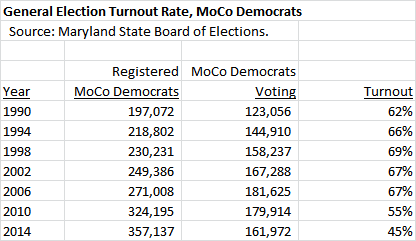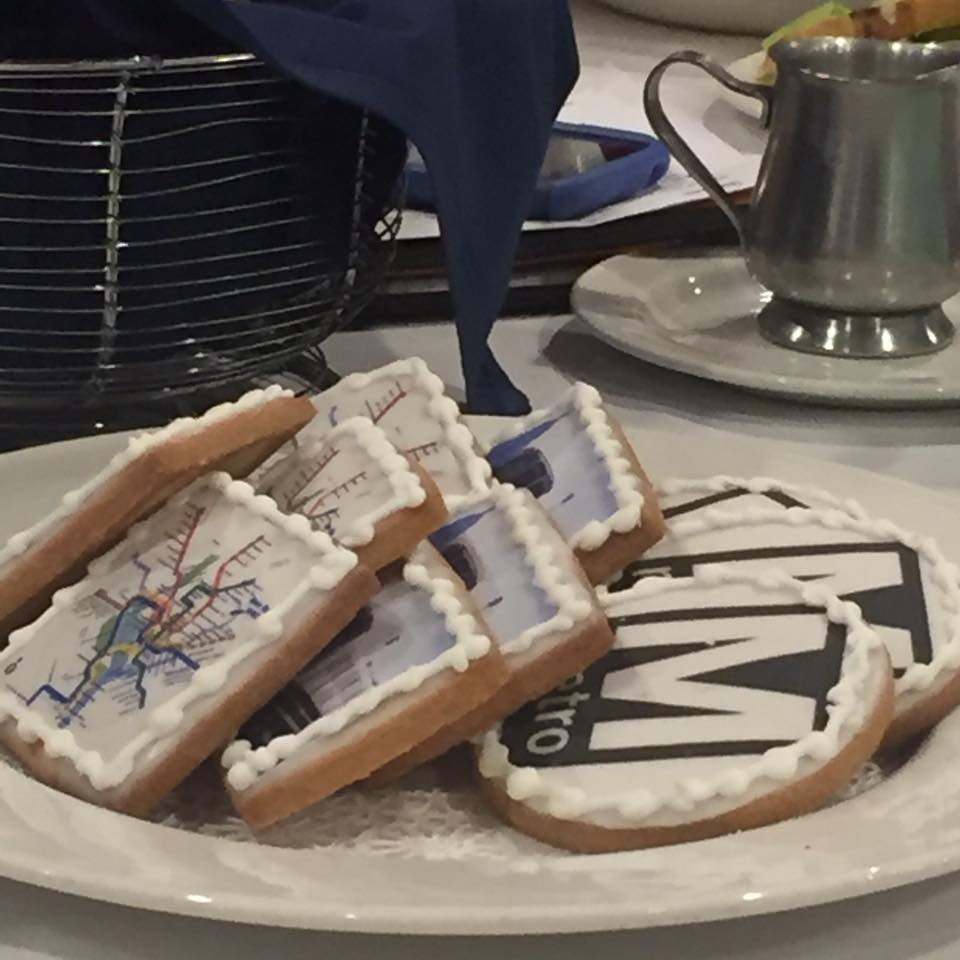It’s Not Just Metro Trains that are Uncoupling
Outgoing Montgomery County Council President Nancy Floreen is so eager to defend the Purple Line that she has been reduced to making incredible statements about the Metro system:
Floreen said Leon’s latest ruling focuses on a one-time issue that Metro is dealing with by instituting its year-long SafeTrack repair process.
“To focus on a unique circumstance where [Metro is] focusing on maintenance and they’re improving the system and [the judge] acting like this one-shot deal affects the future of transit in the region is short-sighted and if you ask me, irresponsible,” Floreen said.
Bethesda Beat reported this stunning statement a week ago but it really deserves more play. While it’s good to see Metro making efforts at improvement, even Metro General Manager Paul Wiedefeld did not sell SafeTrack as a panacea but merely claimed it was needed to keep the system from falling apart completely.
Moreover, as was covered by the Washington Post, the Federal Transit Administration (FTA) has reported that the work is often shoddy and that problems are being missed. For example, while SafeTrack is supposed to repair loose fasteners, FTA inspectors following up on the work found an “excessive amount of loose fasteners” that “pose a particularly high safety risk.”
Yesterday, cars on the Red Line came uncoupled and people ended up walking the track. According to reports on @unsuckdcmetro, the train that separated was a new train, so hard to blame on old rolling stock.
More evidence that even Metro does not see SafeTrack as the solution is that NBC reports that WMATA is now planning to reduce service by 30 minutes on weekdays and 2 hours on weekends in order to have more time to make repairs.
Anyone willing to bet that this solves the problems? One argument against cutting hours has been that Metro often doesn’t have the repair staff at the correct location even for scheduled repairs. Would the service cuts be needed if this problem were addressed? Alternatively, will WMATA use the extra time effectively? Or will the cuts along with growth in Uber, Lyft and telecommuting just reduce ridership even further?
Nancy Floreen is a very smart, knowledgeable and experienced councilmember. But this particular statement by her was not one of the better calls made by this tough and well-respected public official. Incidents like trains uncoupling are not unusual but the new normal. Articulating a belief that Metro problems and declines in ridership are a very temporary hiccup, rather than a long-term problem, only enhances belief that the problems lie with governance as well as management.
The public is in trouble if people who are supposed to speak for us overlook Metro’s problems and are so heavily invested in defending it that they are willing to explain away manifest long-term problems. We need Metro to work. And we need the County Council to take these problems seriously.



